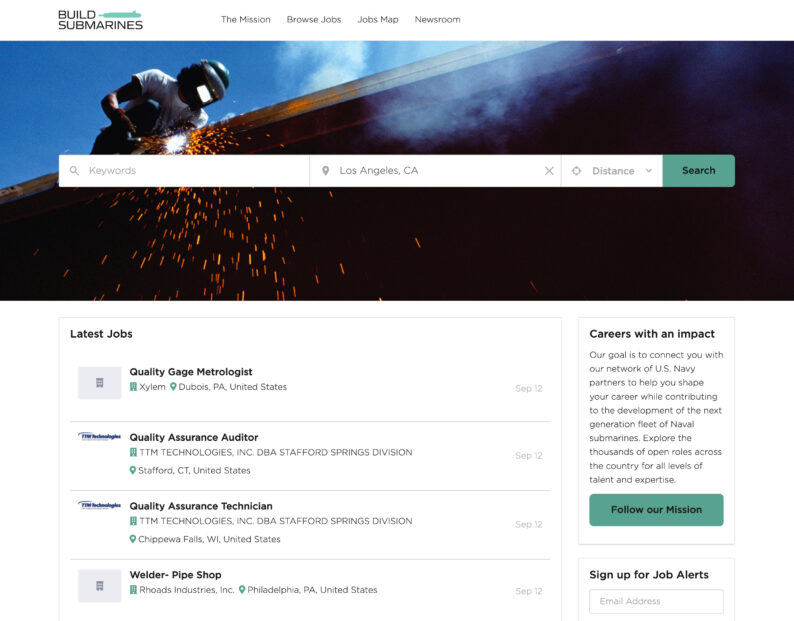According to a 2012 Bullhorn survey, “Job hopping damages employment prospects more than age or unemployment.”
In fact, 39% of recruiters and hiring managers named job hopping as the number one obstacle for unemployed job seekers. The study defined “job hopping” as leaving a job before completing at least one full year at a company.
Still, others suggest that job hopping is not only acceptable, but rather that it is a smart and sometimes necessary strategy for getting ahead in today’s workforce. Job hoppers, they say, are doing what they must to get ahead in a time when workplace loyalty is dead.
So who are you to listen to and what are you to believe? The answer, frustratingly enough, is that there is no set answer. When you’re faced with evaluating a job hopper for an open position, consider the following.
Evaluate Beyond the Timing
The time at each job is obviously important. An employee who cannot manage to stay at a job for at least six months could be prone to getting fired, expecting too much out of a job, easily bored, or unsure of what he or she wants to do for a living. On the other hand, certain industries have been very hard-hit by the recession. In some cases, a job seeker could have been laid off multiple times as a result of down-sizing — not by any fault of her own. Or perhaps her work conditions were unfavorable so she left as soon as she had a better opportunity. This does not necessarily make someone disloyal; rather, there is a certain standard of living and a certain expectation for advancement opportunities that needs to be met. Finally, it’s possible that an employee took on multiple temp jobs and therefore is not a job hopper, but rather someone who has yet to find a permanent placement.
Ask the Right Questions
Asking the right questions is the key to avoiding risks with a job hopper. The goal in asking questions is to determine an applicant’s motives for leaving a job as well as his motives for wanting your position. Does the candidate have a track history of being laid off, fired, or quitting? And what were the circumstances each time? As we stated earlier, leaving a job (or multiple jobs) is not always a bad sign.
Next, probe to see if they appear grateful for past job opportunities and ask them where they see themselves in a few years down the line. There is a reason this is such a common job interview question — it gives great insight into the mind of the job seeker and into whether she is on the same page as you and your organization.
Trust Your Gut
The best candidate will fit in many ways that have nothing to do with their personality. The best candidate will fit within the company culture, will enjoy the job they are given, and will want stay with the company until the relationship has run its proper course. Candidates who simply apply to job postings without much thought will be obvious in an interview. Above all, trust your gut. If red flags go up but you can’t place them, take note. There is likely a reason for the warning.
Related: You Made a Bad Hire — Now What? »
Related: 5 Critical Questions to Ask in a Job Interview [VIDEO] »









